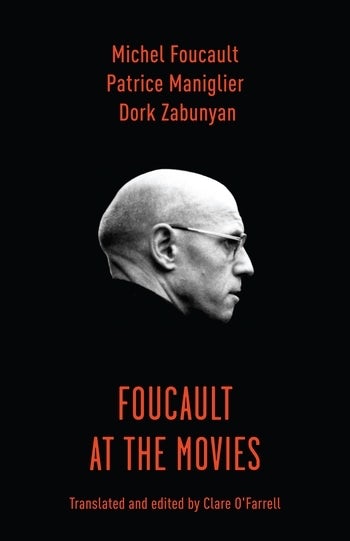World Literature Today Interviews Esther Allen and Susan Bernofsky, Editors of In Translation
“Translators in the anglophone world are sometimes perceived as being on a ‘lower rung.’ The essays in our book certainly don’t subscribe to that view. Would we say that an actor is on a lower rung than the screenwriter who wrote the lines the actor delivers? Or that the literary critic is on a lower rung than the writers whose works she analyzes?”—Esther Allen
World Literature Today just published the second part of their excellent interview with Esther Allen and Susan Bernofsky, the editors of In Translation: Translators on Their Work and What It Means.
The interview discusses essays in the book from the likes of Haruki Murakami, Eliot Weinberger, Alice Kaplan, Forrest Gander, and David Bellos, and explores some of the issues relating to the status of translation in an increasingly globalized world where English is becoming the dominant language. Allen and Bernofsky also consider a range of issues relating to the technique of translation, including how and whether to preserve the sense of the original language, how to incorporate dialect, and the relationship that develops between author and translator. Susan Bernofsky comments on how some translators become inextricably linked to authors, for better and worse:
It wouldn’t make sense to say we’d only ever want one translator’s version of a given author (imagine if the only Thomas Mann we had was by Helen Lowe Porter and the only Chekhov by Constance Garnett). On the other hand, it can be useful to have the work of an author, particularly a contemporary one, translated consistently by a single translator. Think of William Weaver’s relationship with Italo Calvino—he translated the bulk of Calvino’s work and became his “English voice.” In time, as Calvino becomes a classic author of an earlier age, there might be room for other translations of key works of his, but I know that I for one will probably never want to read the books Weaver translated in any other translation, since I love how Calvino sounds filtered through him. And translators who work for years with an author’s books develop their own specialized vocabulary for that author’s work and particular ways of dealing with certain key stylistic traits, not to mention intertextuality between the books.
In commenting on the classic issue of fidelity vs. transparency in the translation, Bernofsky suggests moving away from the dichotomy and allowing for a more nuanced understanding of what the translator does:
Literary texts are never just “about” their informational content. I think it’s more useful to set this dusty old duality off to one side and begin to think about all the aspects of a text we might think about asking a translator to render, keeping in mind that the mix will look different for every author and every work. I like Anthony Appiah’s suggestion that a translator strive to communicate what about the original text made it worth teaching. Not a simple formula, a complex one.
In turning to the status of translators and translation, Allen and Bernofsky suggest that a prejudice still exists both in the culture and the marketplace. Allen argues that translation is creative in its own right:
Translators in the anglophone world are sometimes perceived as being on a “lower rung.” The essays in our book certainly don’t subscribe to that view. Would we say that an actor is on a lower rung than the screenwriter who wrote the lines the actor delivers? Or that the literary critic is on a lower rung than the writers whose works she analyzes? The contributors to our book all write and translate and have made careers that conjoin the two practices—that conjoining is what many of the essays we’ve included are fundamentally about.
Allen also talks about how publishers are worried, perhaps unnecessarily, about readers’ resistance to works in translation:
As recently as a year or so ago, a colleague of mine who had a book coming out in the UK was told that her name could not appear on the book jacket, as the supermarket chains that sell a great many books in the UK literally refuse to carry anything with a translator’s name on the cover, on the grounds that readers won’t buy it….
Anglophone publishers seem to have begun to evolve on this point. A Literary Translation Centre has become a major feature of the London Book Fair in the past three years, and we’ve just had word that Book Expo America is planning to make translation the subject of its Global Market Forum for 2014, so there are a lot of encouraging signals right now.



